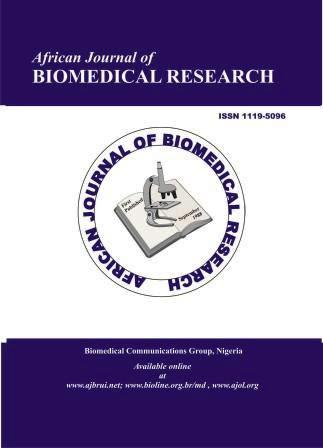Clinical Efficacy And Immunological Impact Of Oral Tofacitinib In Chronic Refractory Allergic Rhinitis: A Pilot Study Exploring Th2 Modulation And Long-Term Safety
DOI:
https://doi.org/10.53555/AJBR.v28i1.6161Keywords:
Chronic refractory allergic rhinitis, tofacitinib, TNSS,, serum IgE, eosinophil counts, Th2 inflammation, RQLQ, , allergic diseases.Abstract
Objective: This study evaluated the clinical efficacy, immunological impact, and safety of oral tofacitinib in patients with chronic refractory allergic rhinitis (CRAR). CRAR is characterized by persistent nasal symptoms unresponsive to standard treatments, often associated with elevated IgE levels and eosinophilic inflammation.
Methods: A single-center, open-label, 12-week pilot study was conducted involving 20 patients aged 18–60 years with confirmed CRAR. Participants received oral tofacitinib 5 mg twice daily, with primary endpoints focusing on Total Nasal Symptom Score (TNSS) reductions and changes in immunological markers, including serum IgE levels and eosinophil counts. Secondary endpoints included quality-of-life improvements assessed using the Rhino conjunctivitis Quality of Life Questionnaire (RQLQ) and safety evaluations.
Results: The study showed significant improvements with TNSS reduced by 55.7%, serum IgE levels by 28.6%, eosinophil counts by 48.8% (all p < 0.001), and RQLQ scores improved by 53.3%, demonstrating enhanced symptom relief and quality of life. Mild adverse events included abdominal discomfort, fatigue, dizziness, and headache, which resolved symptomatically.
Conclusion: Tofacitinib demonstrated significant efficacy in alleviating CRAR symptoms, reducing IgE levels, and mitigating eosinophilic inflammation. These findings suggest its potential as a novel therapeutic option for CRAR and other Th2-driven allergic conditions.
Downloads
Published
Issue
Section
License
Copyright (c) 2024 Dr. Mamta Verma, Dr. Amar Singh (Author)

This work is licensed under a Creative Commons Attribution 4.0 International License.









